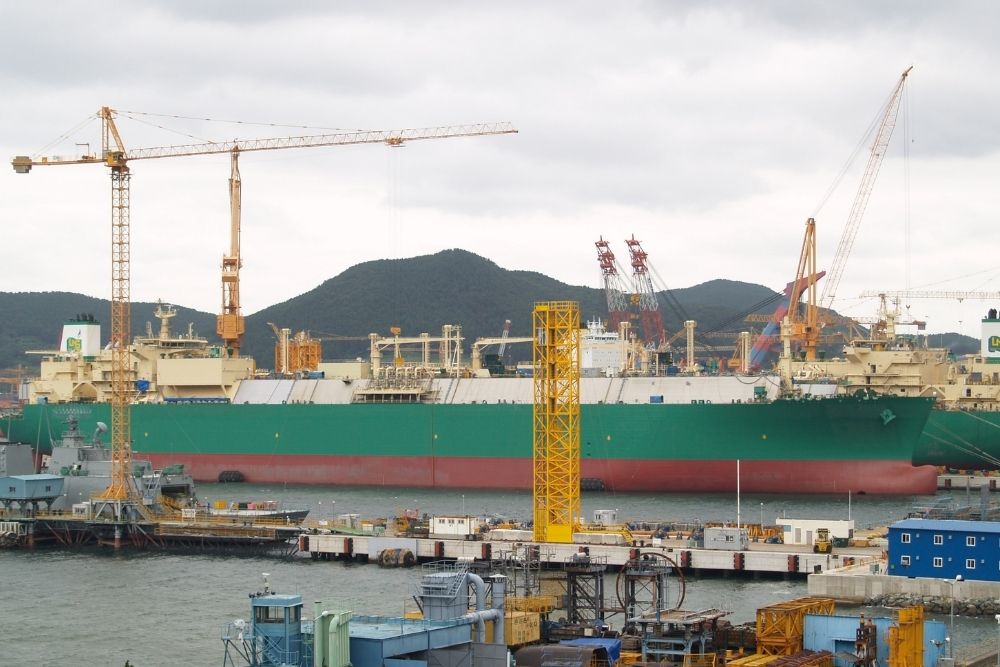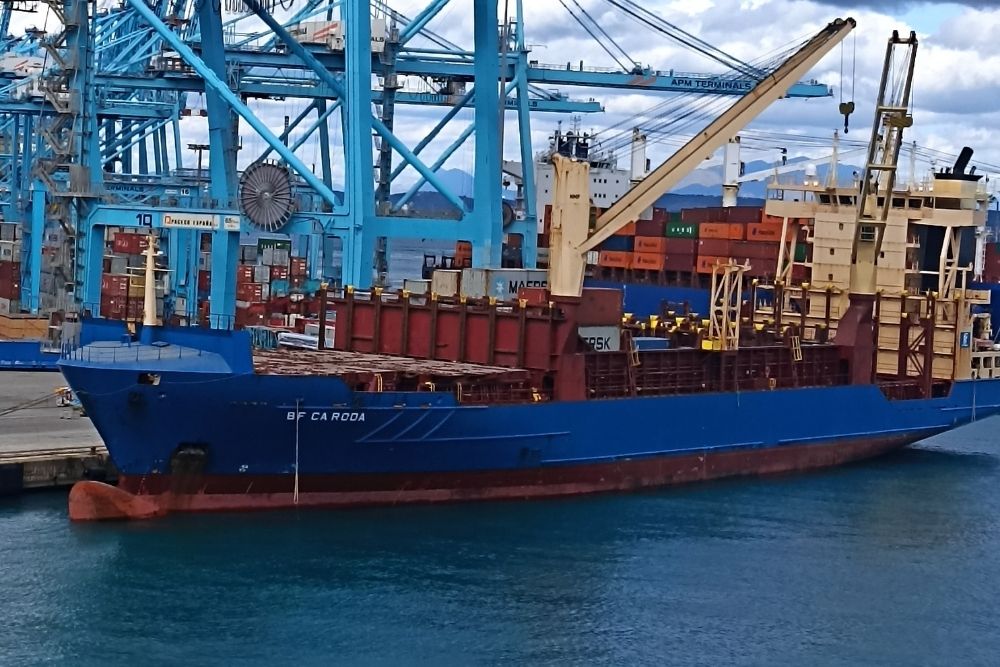Oil prices rise to highest this year amid expectations of tighter supply
- September 15, 2023
- Posted by: Quatro Strategies
- Categories: Middle East, Oil & Gas, United States

Oil prices surged to their highest levels of the year, with Brent crude rising to $93.70, the highest since November 2022, and West Texas Intermediate (WTI) crude closing above $90 for the first time since November. These price hikes were driven by expectations of tighter supply outweighing concerns about weaker economic growth and rising U.S. crude inventories.
The International Energy Agency (IEA) reported that extended oil output cuts by Saudi Arabia and Russia would result in a market deficit through the fourth quarter. This contributed to the positive sentiment in the oil market. Hedge funds have been actively buying crude oil futures in recent weeks due to strong fundamentals, propelled by robust demand for gasoline and diesel.
OPEC also issued updated forecasts indicating solid demand and a potential supply deficit in 2023 if production cuts are maintained. Concerns are growing about the sufficiency of supply, with Russia and Saudi Arabia taking actions that could constrain supplies, especially as the peak northern hemisphere demand season approaches.
The European Central Bank raised its key interest rate to a record peak, indicating it might be the final move to control inflation. Investors expect the U.S. Federal Reserve to keep interest rates steady in its upcoming meeting. On the other side of the globe, China’s central bank announced a reduction in the amount of cash that banks must hold as reserves for the second time in the year, aiming to boost liquidity and support the country’s economic recovery. However, China’s economic recovery remains uncertain, causing concerns in the oil market due to its position as the world’s second-largest oil consumer.
Interested in learning more?
Sign up for Top Insights Today

Top Insights Today delivers the latest insights straight to your inbox.
You will get daily industry insights on
Oil & Gas, Rare Earths & Commodities, Mining & Metals, EVs & Battery Technology, ESG & Renewable Energy, AI & Semiconductors, Aerospace & Defense, Sanctions & Regulation, Business & Politics.



